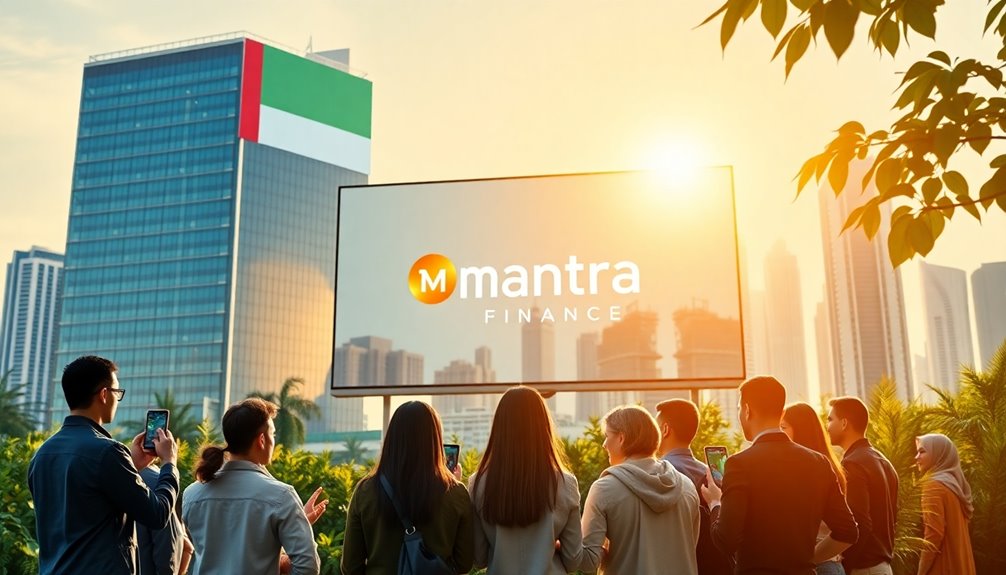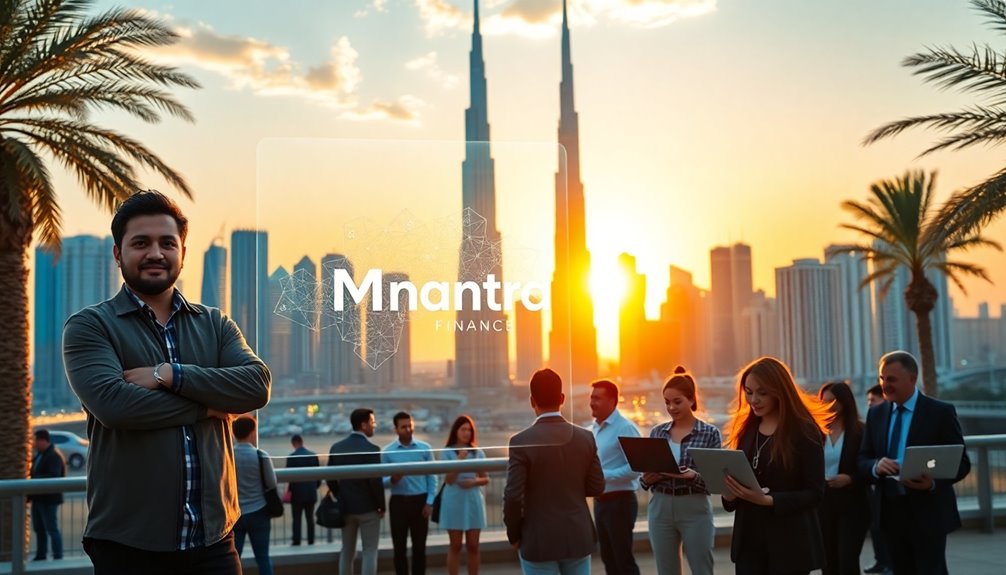The UAE is making significant strides in the crypto space, especially with the recent approval of Mantra Finance. This move underscores the nation's dedication to fostering a supportive environment for digital assets. With established regulatory bodies like the SCA and DFSA overseeing compliance, the UAE is setting a standard. But what does this mean for the future of crypto investment and innovation in the region? The implications could be far-reaching.

As the world increasingly embraces digital assets, the UAE stands out for its crypto-friendly policies that foster innovation and investment. The recent approval of Mantra Finance by the regulatory bodies marks another step in the UAE's commitment to building a robust crypto ecosystem. With agencies like the Securities and Commodities Authority (SCA) and the Dubai Financial Services Authority (DFSA) at the helm, the regulatory framework is designed to ensure that businesses operate in a secure and compliant manner.
You'll find that the UAE's strict Anti-Money Laundering (AML) and Know Your Customer (KYC) standards are a significant part of this framework. These measures not only bolster security but also enhance trust in the crypto market. The establishment of the Virtual Assets Law in Dubai further cements the region's position as a leader in managing digital assets, including cryptocurrencies and NFTs. The Virtual Assets Regulatory Authority (VARA) plays a crucial role by overseeing operations and ensuring that companies adhere to these regulations.
The UAE's robust AML and KYC standards enhance security and trust in its thriving crypto market.
Moreover, the UAE offers a supportive environment for innovation in digital assets. Tax policies are particularly attractive, with no capital gains tax, making it appealing for crypto businesses and investors alike. The Emirates Blockchain Strategy aims to integrate blockchain technology into government processes, showcasing a commitment to modernizing operations. High rankings in the Henley Crypto Adoption Index underline the UAE's progressive stance and growing appeal as a global crypto hub. Additionally, the regulatory framework's high AML/KYC standards ensure that the market remains resilient against risks associated with money laundering and terrorism financing.
If you're considering entering this market, it's essential to understand the licensing requirements for Virtual Asset Service Providers (VASPs). They need to obtain licenses from the SCA or VARA, along with ensuring compliance with AML and Counter Financing of Terrorism (CFT) regulations. Staying updated on regulatory changes is vital for maintaining compliance and gaining a competitive edge.
The UAE's financial free zones, like the Abu Dhabi Global Market (ADGM) and Dubai Multi Commodities Centre (DMCC), provide favorable conditions for crypto businesses. These zones act as innovation hubs, offering tailored policies that encourage growth. The RAK Digital Assets Oasis is another example, focusing exclusively on digital assets and providing grants and services to startups.
As the global crypto user base expands, the UAE leads in adoption, with about 30.4% of its population owning digital assets. This progressive environment not only attracts investment but also paves the way for the future of digital finance in the region.









